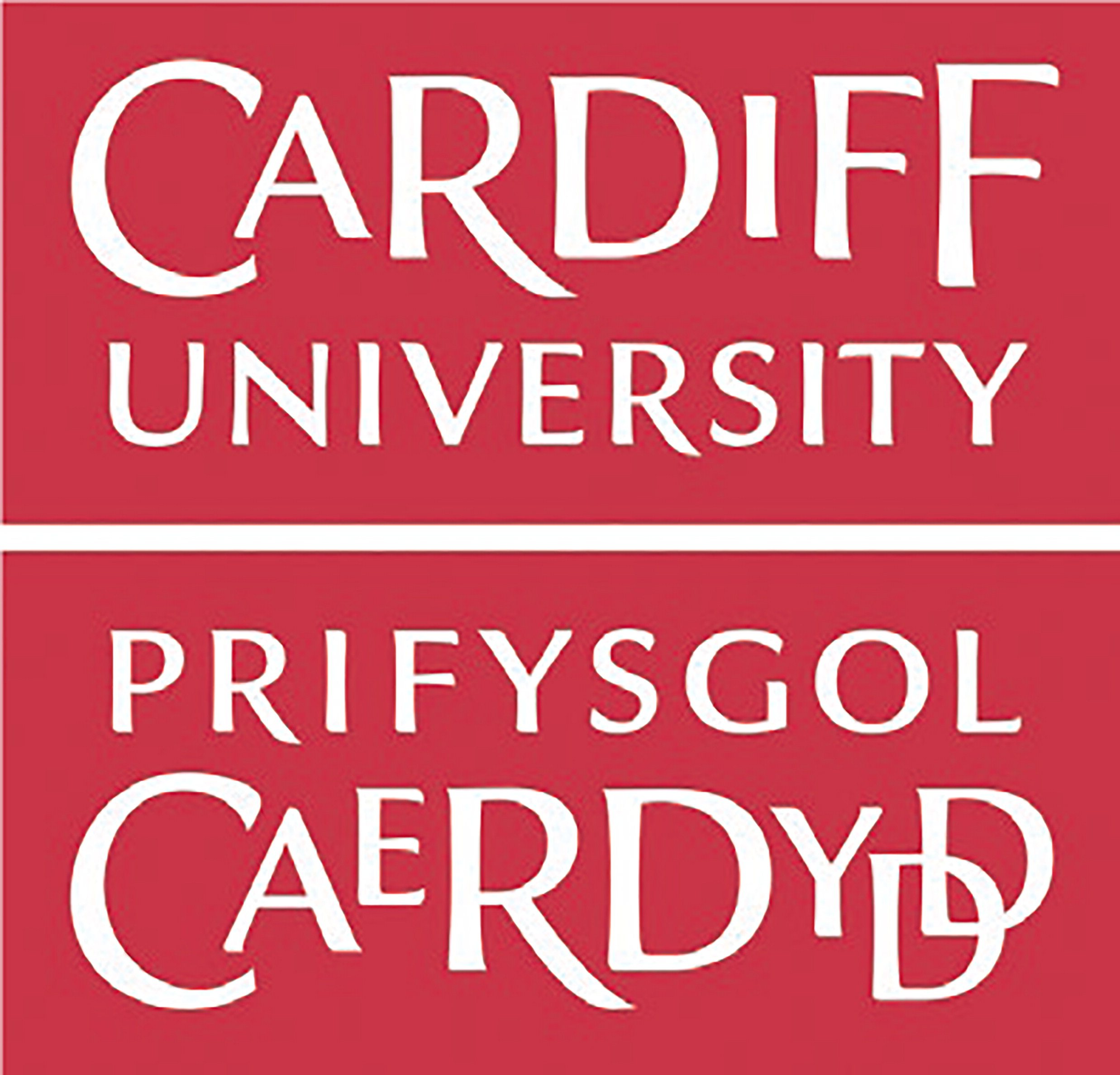EACH YEAR STUDENTS on MSc programmes in analytical subjects at several UK universities spend their last few months undertaking a project, often for an organisation. These projects can make a significant impact. This issue features a report of a project recently carried out at one of our universities: Cardiff University. If you are interested in availing yourself of such an opportunity, please contact the Operational Research Society at [email protected]
FORECASTING THE COST OF BODILY INJURY CLAIMS USING HOUSEHOLD DATA: AN APPLICATION OF XGBOOST MACHINE LEARNING ALGORITHMS
(Emma McCarthy, Cardiff University, MSc Operational Research and Applied Statistics)


Evaluations of a driver’s riskiness and probability to make a claim are essential issues of a motor insurance company. It allows an appropriate price to be offered to the driver, reflective of their risk to the company. Statistical models have been widely applied in the insurance industry, while the accuracy of claim prediction is still a big challenge due to limited modelling complexity. With improving computing power and big data analytics, insurers need to stay on top of what data is available in the market. Emma, a student in Cardiff’s School of Mathematics, undertook her project for Admiral Insurance to explore machine learning techniques to predict clients’ potential claims in car insurance based on household level data.
Admiral receives millions of claims: the occurrences of such claims are highly unpredictable under the existing risk modelling framework. The unpredictability of huge claims can lead to unexpected losses for the company. Motivated by the need to improve the claims and pricing models, Emma aimed at building body injury claim prediction models with high dimensional household data.
The project highlighted the use of state-of-the-art machine learning techniques allowing great flexibility to create gradient boosting models which naturally handled missing and non-linear data. Bayesian optimisation was applied to tune the hyperparameters so that the computational complexity and overfitting issues were under control. Overfitting was avoided by using cross validation that tested the accuracy of the evaluation metrics of the model.
The final developed model performed well on the dataset and created useful predictions. In terms of applications and industrial implementations, the model results were imported into a pricing model provided by Admiral which is used to determine the price of a premium. This was justifiable because the model generated promising results and highlighted customer groups with similar trends to some key features, such as average claims, cost per vehicle year, and loss ratios.
The project proposed an innovative way for Admiral to price car insurance premiums by introducing the use of machine learning techniques to investigate alternative rating factors.
Rhodri Charles, Admiral’s Head of UK Motor Pricing & Analytics was impressed with Emma’s results: “Dealing with so many variables can be challenging, but Emma was able to apply a variety of techniques to isolate useful variables and build predictive models to help us estimate the propensity of each postcode to make different claim types, as well as how large these claims are likely to be when they do occur. On a broader note, Emma’s work demonstrated that the dataset was valuable to Admiral. It has generated interest in the data and has spurred further work in this area. It’s important to note that Emma’s work also serves as a comparison of the different techniques in data science. It has helped us be better informed about how different methods work under different scenarios, and will help us to work more efficiently going forward.”
[email protected]
